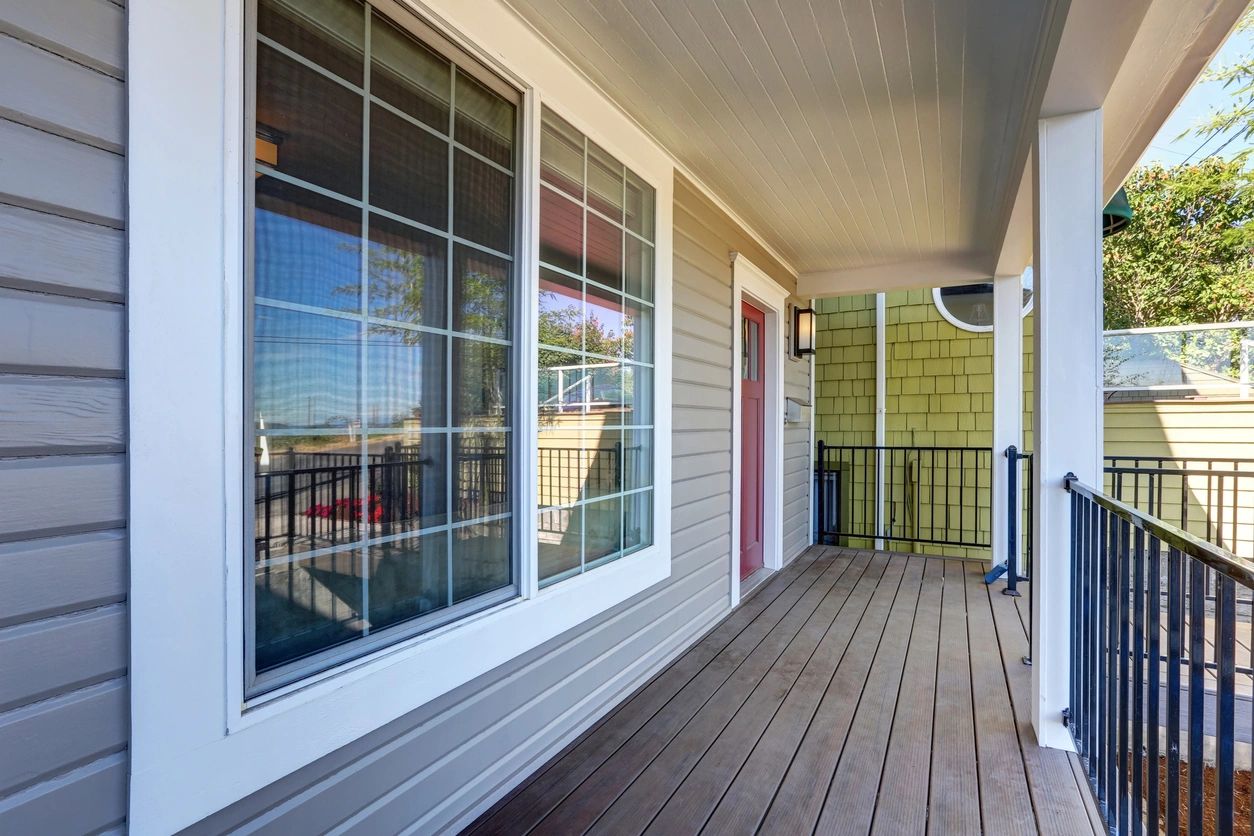
FROM OUR FRIENDS AT WFAE
By David Boraks | [email protected]
May 4, 2023
The North Carolina Home Builders Association so far is winning a political battle to block modernization of the state’s outdated energy efficiency standards, which have been in place with limited updates since 2009. On Tuesday, an industry-backed bill to delay any changes until 2026 passed the state House of Representatives It now goes to the Senate.
The industry argues that stricter requirements for insulation, windows and doors, and heating and cooling systems will make homes unaffordable — a potent argument at a time when the cost of houses has already soared.
But not all builders see it that way. And a federal study backs them up.
Rodney Graham, of Davidson, has built a successful business constructing energy-efficient homes over the past two decades. To him, energy efficiency isn’t a bad word — it’s a selling point.
Making sure a house won’t leak heat in cold weather and has energy-efficient lighting and appliances means savings on monthly heating and electric bills, he said. Over the life of a home, those savings more than make up for upfront costs. (More about that below.) And cutting energy use will become increasingly important as electricity rates continue to rise in North Carolina.
“I think we need to look at the savings in energy and the long-term durability of the house. To me, it’s just a no-brainer,” said Graham, founder of John Marshall Custom Homes.
Graham has earned a reputation for building energy-efficient homes that not only save money but help fight climate change. I first met him in 2009 when he built Mecklenburg County’s first LEED-certified house. He has built many more since.
Graham showed me around one of the houses he’s building right now. We saw energy-saving windows and doors, tankless water heaters, spray-foam insulation, LED lighting, energy-efficient appliances, and other tactics that he uses.
Graham has been following the debate in Raleigh over the energy code updates recommended by the state Building Code Council. And where others see cost, he sees value.
“Yeah, they’ll make houses more expensive,” Graham said. “But I think it’s like just about anything you do: You get what you pay for. You’re going to save money on your utility bills. Your houses are going to last longer. They’re going to be worth more when you sell, too.”
Graham has all his houses certified for energy efficiency through the EPA’s Energy Star system. He also has had homes certified through the Home Energy Rating System, and the U.S. Green Building Council’s LEED program, which stands for Leadership in Energy and Environmental Design.
He acknowledges that his custom homes in Davidson, one of the state’s most expensive markets, are at the higher end of the market — sometimes $1 million or more. But he argues that energy efficiency offers financial benefits at any price point. Buyers just need to take the long view, he said.
“All these things like, more efficient windows, more efficient heating system, they also just tend to be better quality,” he said. |
